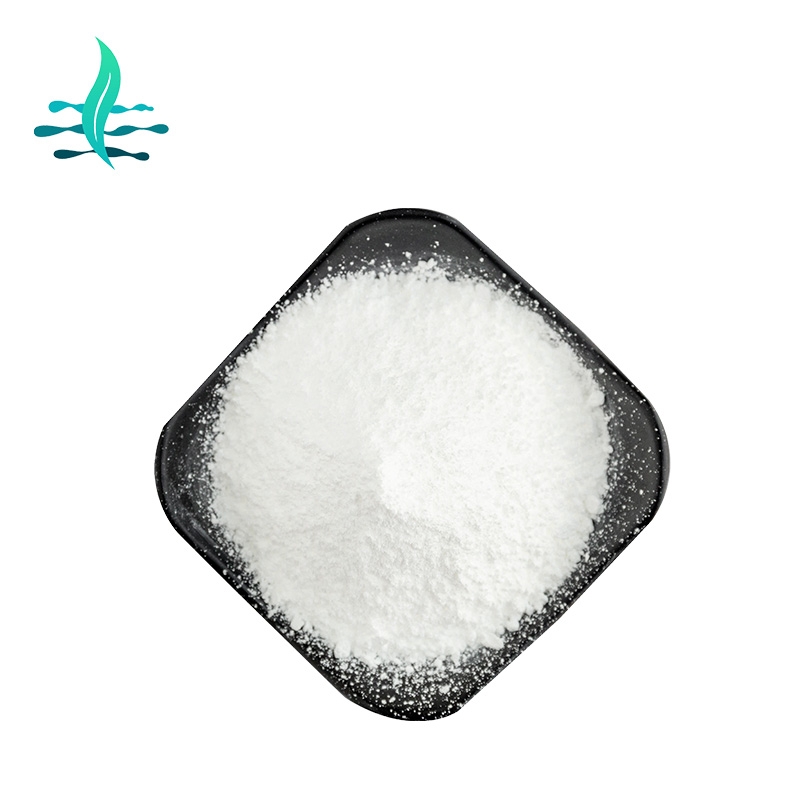-
Categories
-
Pharmaceutical Intermediates
-
Active Pharmaceutical Ingredients
-
Food Additives
- Industrial Coatings
- Agrochemicals
- Dyes and Pigments
- Surfactant
- Flavors and Fragrances
- Chemical Reagents
- Catalyst and Auxiliary
- Natural Products
- Inorganic Chemistry
-
Organic Chemistry
-
Biochemical Engineering
- Analytical Chemistry
-
Cosmetic Ingredient
- Water Treatment Chemical
-
Pharmaceutical Intermediates
Promotion
ECHEMI Mall
Wholesale
Weekly Price
Exhibition
News
-
Trade Service
2-Methoxy-9H-carbazole (MMC) is an organic compound that belongs to the class of carbazoles.
It is a colorless liquid with a distinctive pleasantly fruity odor.
MMC is widely used in the chemical industry as an intermediate for the production of various chemicals and pharmaceuticals.
In this article, we will discuss the upstream and downstream products of 2-methoxy-9H-carbazole.
Upstream Products
The upstream products of 2-methoxy-9H-carbazole are the raw materials required for its manufacturing.
The most commonly used upstream products include:
- Methyl iodide: Methyl iodide is used as a reagent in the first step of the synthesis of 2-methoxy-9H-carbazole.
- N-Methylaniline: N-methylaniline is used as a reagent in the second step of the synthesis of 2-methoxy-9H-carbazole.
- Acetic anhydride: Acetic anhydride is used as a reagent in the third step of the synthesis of 2-methoxy-9H-carbazole.
- Hydrochloric acid: Hydrochloric acid is used as a catalyst in the synthesis of 2-methoxy-9H-carbazole.
Downstream Products
The downstream products of 2-methoxy-9H-carbazole are the chemicals and pharmaceuticals that are produced using 2-methoxy-9H-carbazole as an intermediate.
The most commonly used downstream products include:
- Ibuprofen: Ibuprofen is a nonsteroidal anti-inflammatory drug (NSAID) used to relieve pain, reduce inflammation, and lower fever.
- Antiepileptic drugs: 2-Methoxy-9H-carbazole is used as an intermediate in the synthesis of some antiepileptic drugs such as carbamazepine and oxcarbazepine.
- Pyridines: 2-Methoxy-9H-carbazole is a precursor for the synthesis of pyridines, which are used as intermediate chemicals in the production of agrochemicals, pharmaceuticals, and other chemical products.
- Pesticides: 2-Methoxy-9H-carbazole is used as an intermediate in the synthesis of some pesticides, including insecticides and fungicides.
Manufacturing Process
The manufacturing process of 2-methoxy-9H-carbazole involves several steps, including:
- Synthesis of methyl iodide: Methyl iodide is synthesized by the reaction of iodine with methylene chloride in the presence of a Lewis acid catalyst.
- Synthesis of N-methylaniline: N-Methylaniline is synthesized by the reaction of aniline with methyl iodide in the presence of a Lewis acid catalyst.
- Synthesis of acetic anhydride: Acetic anhydride is synthesized by the reaction of acetyl chloride with oxalic acid in the presence of a Lewis acid catalyst.
- Synthesis of 2-methoxy-9H-carbazole: 2-methoxy-9H-carbazole is synthesized by the reaction of N-methylaniline with acetic anhydride in the presence of a Lewis acid catalyst and hydrochloric acid.
- Purification and isolation: The final product is purified and isolated from






